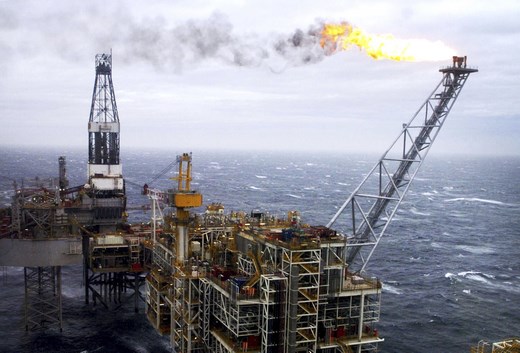
A common argument against investing in assets with so-called environmental, social and governance (ESG) criteria is that they often don’t achieve the same high returns as the stocks without this focus.
But is that true? When looking at the long-term performance of a stock it might seem that way, but we do know past performance is not always an indicator of future returns. In fact, it only shows us that stocks that we would now class as having high or severe ESG risk have been successful in the past.
A recent report by Fidelity International found that there is a relationship between dividend growth and ESG quality. On average, companies with a strong sustainability rating have the highest levels of historical dividend growth, at more than 5% in the past five years, while those with weak ratings offer the lowest average levels of dividend growth.
That's great news for income seekers, but what about share price growth? We have screened for the relationship between growth and ESG ratings in the UK stocks covered by Morningstar and found that the tide could be changing on high-risk assets.
Over the past couple of years, returns have been quite varied. Pre-Covid, stocks with the lowest ESG risk also had achieved the lowest returns, many only providing single-digit growth while all other categories achieved share price growth of around 20% as the market enjoyed the so-called Boris bounce following the UK General Election and an apparent end to Brexit uncertainty.
This changed in 2020. While every other category fell below 0%, stocks with negligible ESG risk were the only group to remain in positive territory with average growth of 3.3%. The group has since skyrocketed to average growth of 25.2% so far this year – with low-risk stocks performing the second best at 18.6%.
Over the past three years, stocks with negligible ESG risk levels, such as Kingfisher (KFG), Burberry (BRBY), Pearson (PSON) and RELX (REL) have had varied journeys. Kingfisher, for example, has seen a slow decline as it struggled to adapt in an increasingly digital world. But the outlook for all four switched after the initial coronavirus hit and have been climbing as the market recovered – unlike stocks with high ESG risk. In a lockdown world, Kingfisher's B&Q branches were some of the only stores to remain open other than supermarkets, which was a major boon for the group.
BP (BP.), Royal Dutch Shell (RDSA), EasyJet (EZJ) and BAE Systems (BA.), are the four rated stocks in our cohort with the highest ESG risk rating, saw some fluctuations in 2018 and 2019 but had largely stabilised by the time the market reacted to covid, which drove valuations off a cliff. From February 5 2020 to 5 April, EasyJet’s value fell by 67.86%. But among these assets, only BAE Systems have made a similar recovery to the low-risk category, while the oil and airline companies have yet to climb back up to pre-pandemic levels.
In context of a longer-term view, the different risk levels have provided returns at a more uniform level, and high ESG risk assets have had stronger performance than negligible ESG risk assets in the medium term.
But the relationship between low ESG risk and growth, at least for dividends, makes sense to Matthew Jennings, investment director at Fidelity. A low ESG risk score also helps companies avoid higher regulatory costs, litigation, brand erosion and stranded assets, while strong governance protects profits, he explains. Meanwhile, companies like Shell and BP are reducing their dividends to fund the green shift and invest in their renewable energy capabilities.
How Will ESG Stocks Perform From Here?
Does this mark a shift in how we are going to view ESG stocks in the future? Potentially. According to Kris Douma, director of corporate engagement at Sustainalytics, a Morningstar Company, past research has shown that ESG-integration usually has a positive effect on a company's financial performance, but stocks with low ESG-risk usually perform slightly better in weak markets or during a crisis, while sometimes underperforming in strong markets.
“We have to be clear about causality,” he adds: a lower ESG risk rating leads to lower cost of capital, lower interest rates for corporate bonds, and a higher share price because the default risk comes down and future earnings are expected to be higher. “2021 seems an anomaly. Let’s hope this is an emerging trend. But based on these figures it is too early to say. We would have to look at it over a full business cycle of at least 7-8 years," he says.


























